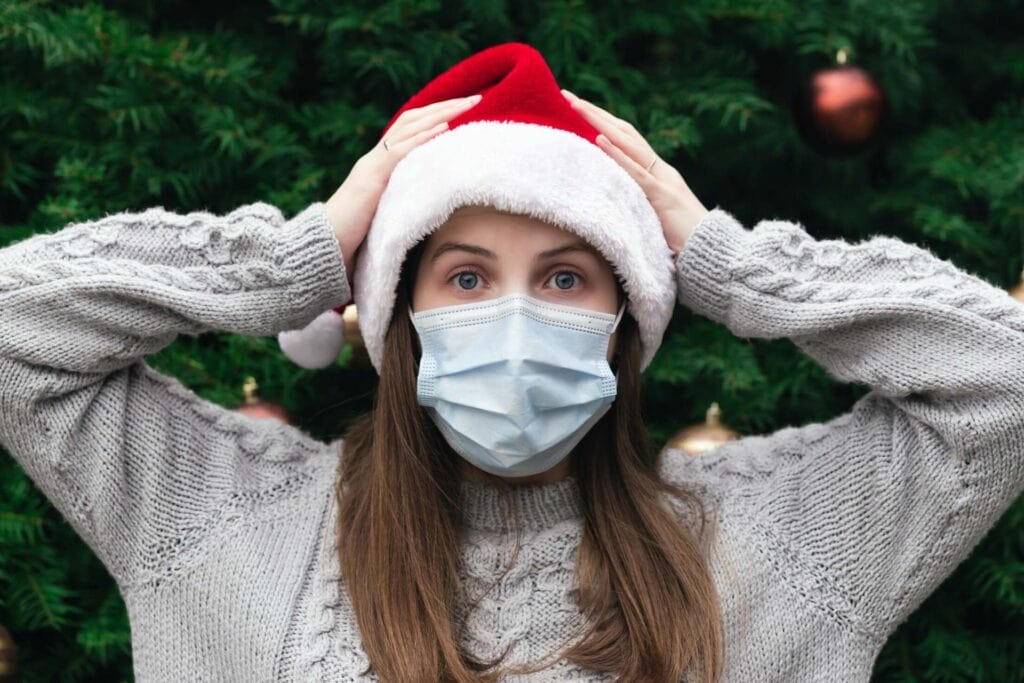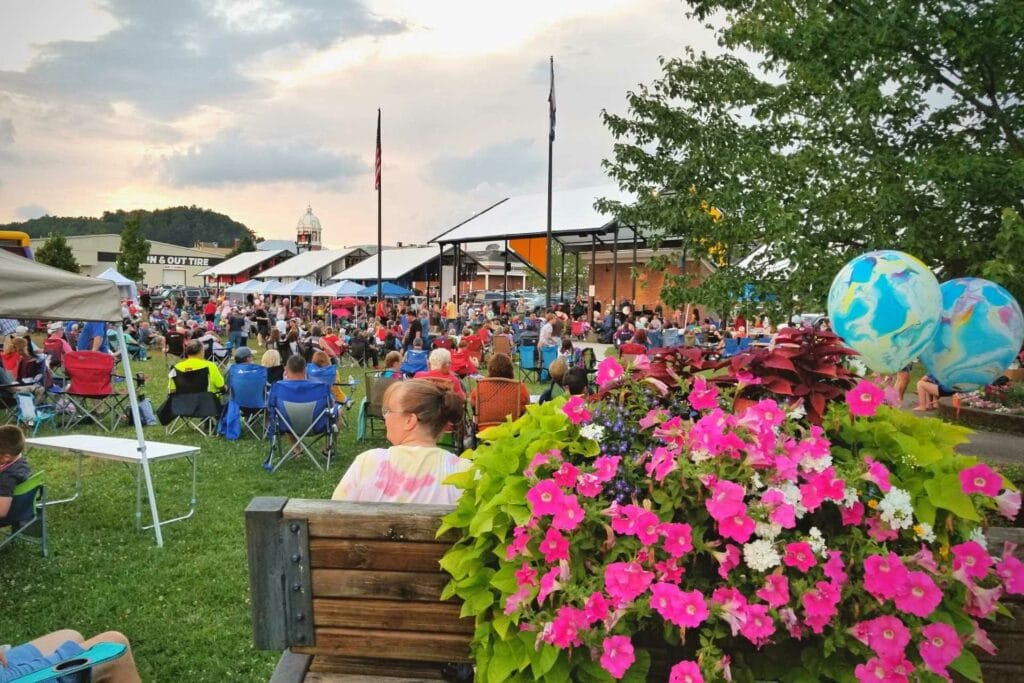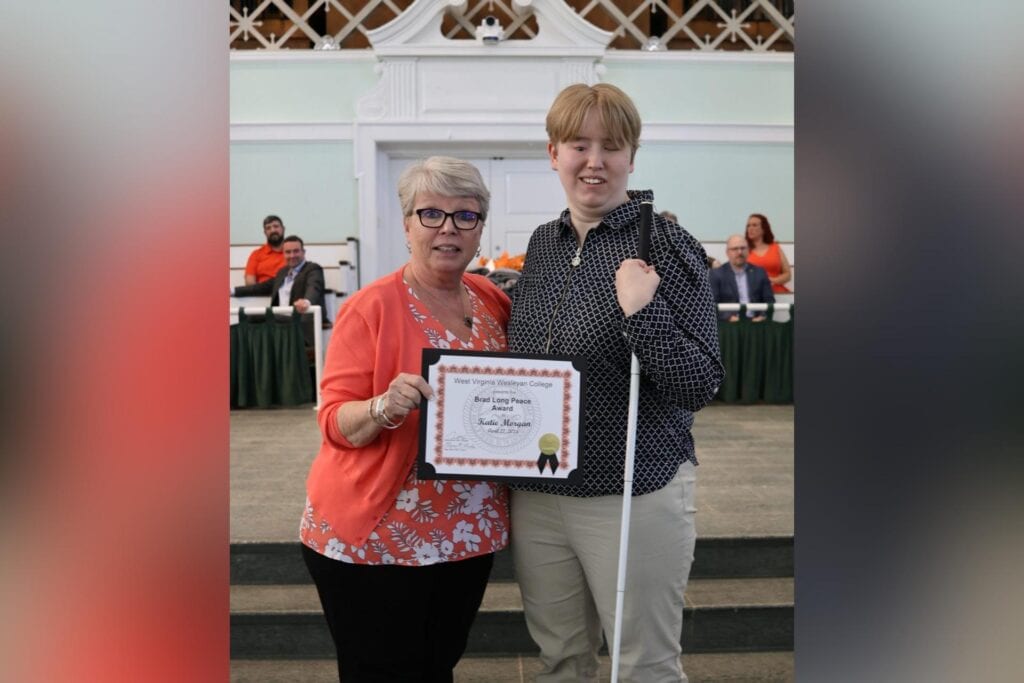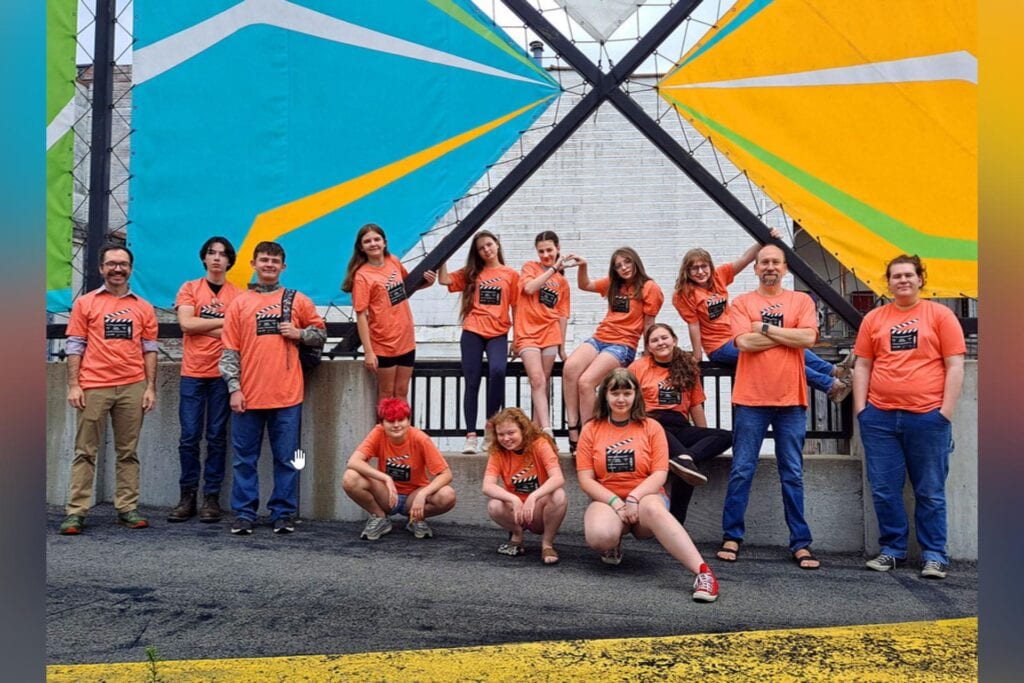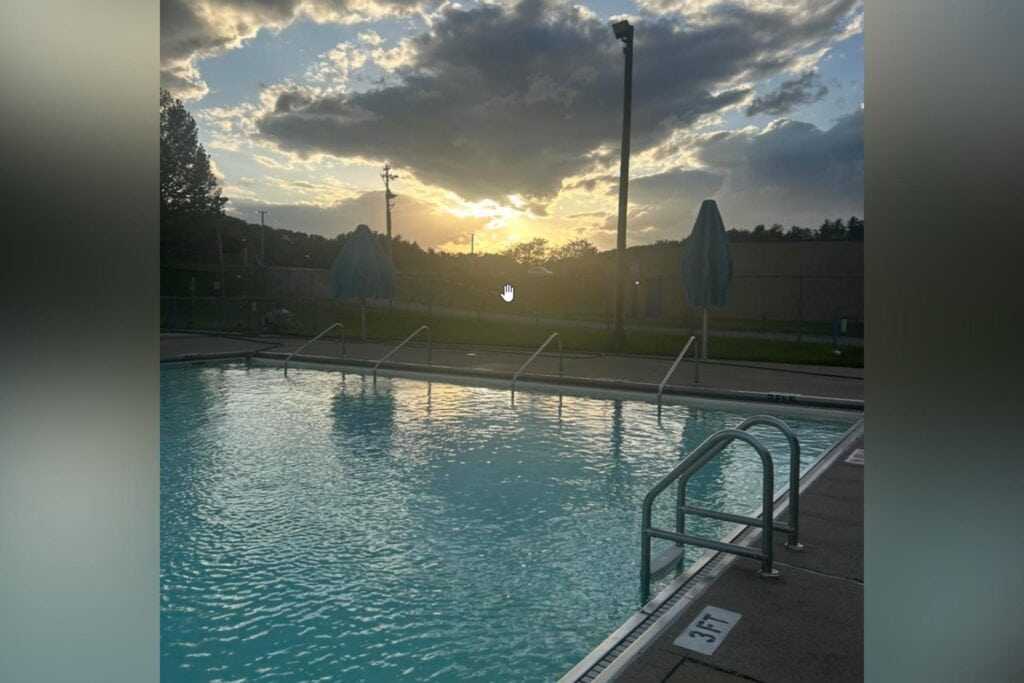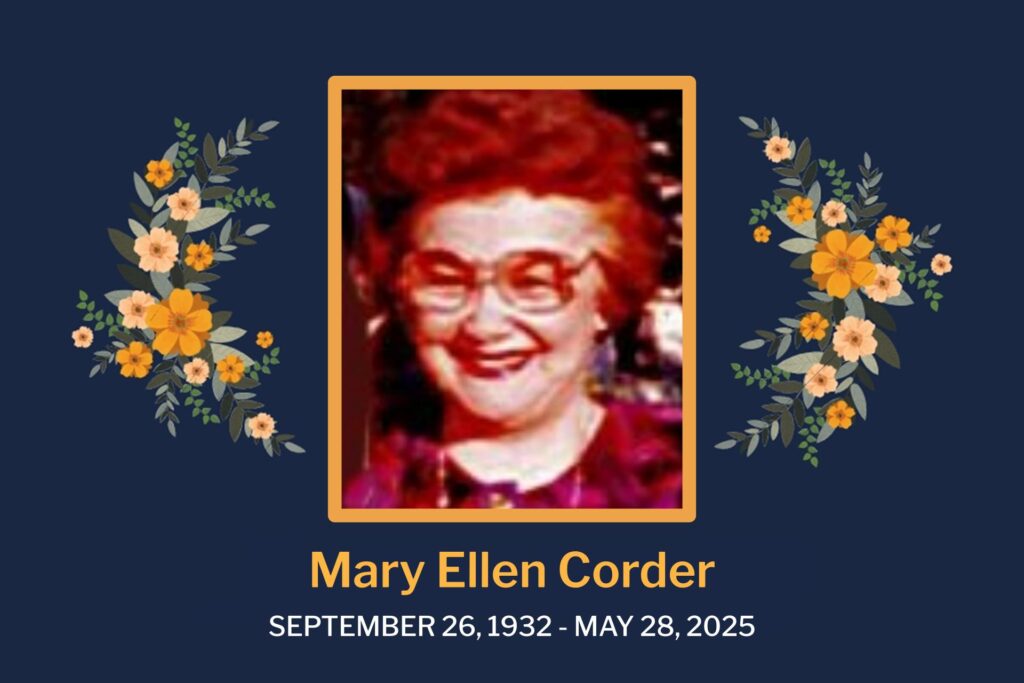BUCKHANNON – However you decide to celebrate the holidays this year, one local hospital official says the most critical piece of advice is to avoid being in small, enclosed spaces for long periods of time.
With the COVID-19 pandemic ravaging the country, numbers of confirmed cases on the rise locally and cold and flu season right around the corner, My Buckhannon checked in with Ann Chidester, vice president of patient care services at St. Joseph’s Hospital, for some pointers on how to celebrate Christmas, the New Year and other wintertime holidays as safely as possible.
With Christmas just a sleep or two away, Chidester offered a handful of helpful tips and provided an update on the hospital’s progress in vaccinating its staff and long-term care residents.
In addition, she discussed progress that’s been made on the treatment front since the pandemic arrived in West Virginia in March.
Christmastime dos, don’ts and creative suggestions for celebrating
Chidester said on New Year’s Eve and New Year’s Day, people will likely have an easier time staying home, watching movies and popping popcorn (or a bottle or two). However, Christmas is a time people struggle to stay apart because of its meaning and significance.
“I think the Christmas holiday is more sentimental for people, and it’s harder for people not to get together and exchange gifts, have a meal and so forth,” Chidester said. “However, there are safer ways to celebrate.”
In conjunction with a slew of U.S. Centers for Disease Control guidance on celebrating Christmas and other winter holidays, Chidester offered the following advice:
- Avoid being in small, enclosed areas. Instead opt for larger areas and open a window or two if possible.
- Avoid singing, which has been shown to be a significant spreader of the virus and other viruses such as influenza.
- Wear masks and maintain a six-foot physical barrier between yourself and people who do not reside in your household.
- Wash your hands often and disinfect frequently touched surfaces before, after and when guests are present.
- Offer masks and hand sanitizer and have both readily available for any holiday guests.
- If dining together, opt for disposable plates and utensils and prepare individual servings so viruses and other bacteria aren’t spread via a buffet-style assembly line.
- Check other states’ travel bans, and if you must travel, Chidester says cars are safer than planes.
- Avoid large group gatherings and minimize the number of households involved in in-person celebrations. “Combining several households just leads to more risk of exposure because everyone in every household has had different exposure to other people,” Chidester said.
- “Definitely” get a flu shot if you haven’t already, Chidester advised. “You have to wait 14 days after you get the flu shot to get the COVID-19 vaccine,” Chidester said, “so if people haven’t already done that, that’s a really good idea.”
- Chidester advised people not to attend church, but rather, to watch virtual or streaming church services. However, if residents do opt to attend, it’s critical they wear masks, space themselves out adequately, refrain from shaking hands or hugging and use hand sanitizer often.
- Find alternative ways to celebrate that don’t involve being in close contact with people who live in other households. Some suggestions include taking a drive through the city or county to check out Christmas lights, scheduling a holiday ski trip, sled riding and Zoom/virtual gift exchanges, sing-a-longs or ugly sweater contests. Chidester said the hospital administration and staff had to skip the large Christmas dinner that’s usually planned for employees. “We had to find some other ways to still make it special,” she said.
Staying home on New Year’s Eve is the best plan
Chidester said staying in on New Year’s Eve is the best option. That’s because at gatherings involving alcohol – toasting the New Year is the signature event of most NYE gatherings – people tend not to remember to wash their hands, wear their masks and stay socially distanced.
“Depending on the weather, it can be hard to have outdoor gatherings at that time of year,” Chidester said. “A lot of people stay home anyway, and there are good things about staying home. You’re not out on the icy roads and you literally can’t contract COVID.”
Read more about how to safely celebrate the holidays on the CDC’s recommendations website here.
Antibody treatments for COVID can make a huge difference
Chidester said since the start of the pandemic, one major plus as far as patient outcomes go has been the availability of a new monoclonal antibody therapy, bamlanivimab. (Read more on the U.S. FDA’s website here.) She said the treatment is similar to what President Donald Trump received shortly after being diagnosed with COVID-19.
“The new antibody treatment is great for if you’ve just found out that you’re positive, and it has to be given within the first five to seven days,” she said. “It’s for people who are not sick enough to be in the hospital and they must meet certain criteria.”
Chidester encouraged anyone newly diagnosed with COVID-19 to contact their doctor to see if the treatment is an option.
“We have given some of that therapy here in our emergency room and in our treatment areas,” she said. “You need to get it soon after you’re diagnosed, though. There’s kind of a tight time frame on it.”
The hospital’s COVID-19 vaccine rollout
Last week, the hospital administered the first dose of the COVID-19 Pfizer/BioNTech vaccine to about 30 employees, including frontline workers, emergency room staff and ICU staff. This week, long-term care residents and staff are receiving their first doses of the vaccine.
“We’re going to receive a certain allotment of the vaccine every week and we are expected to give all that we received to our staff and nursing home residents, and that will continue,” Chidester said. “After three weeks, they will need to get their second dose.”
“No one I’ve talked to has had any side effects other than a sore arm, and we’re very glad to have that” she added.
However, from a logistical standpoint, the vaccine dosages must be staggered within departments just in case there would be any kind of adverse reaction to either dose, Chidester said.
“We are going to offer it to our people who have less exposure, but it’s not mandatory,” Chidester said. “I think this week, we are giving anywhere from 50-80 first doses.”
Chidester said with the arrival of the Moderna vaccine and other vaccines being approved soon by the FDA, March could be a realistic timeframe for older people in the general population to begin receiving the vaccine.
“March could be realistic depending on how things go,” she said. “They really put a lot of effort into getting this out and distributing this in an organized fashion.”
Chidester also wanted to urge people to receive the flu vaccine.
“The flu vaccine is recommended for everyone because it helps with general overall wellness,” she said. “There are a lot of people who die from the flu, and I don’t think people realize that, but thousands of people die from the flu every year. Taking the flu vaccine is just another healthy behavior that you can use to protect yourself.”
A thank-you from St. Joseph’s Hospital and a reminder about the triage line
Chidester said residents with questions about a potential COVID-19 exposure, symptoms or whether they should be tested are welcome to call the nurse triage hotline set up at 304-473-2161.
Finally, she wanted residents, businesses and organizations to know St. Joseph’s Hospital administration and staff is extremely grateful for the community support displayed over the past 10 months.
“We want to express our appreciation for the community for their support,” she said. “It’s been very stressful for our staff, so it’s always nice to know people are supporting them.”




